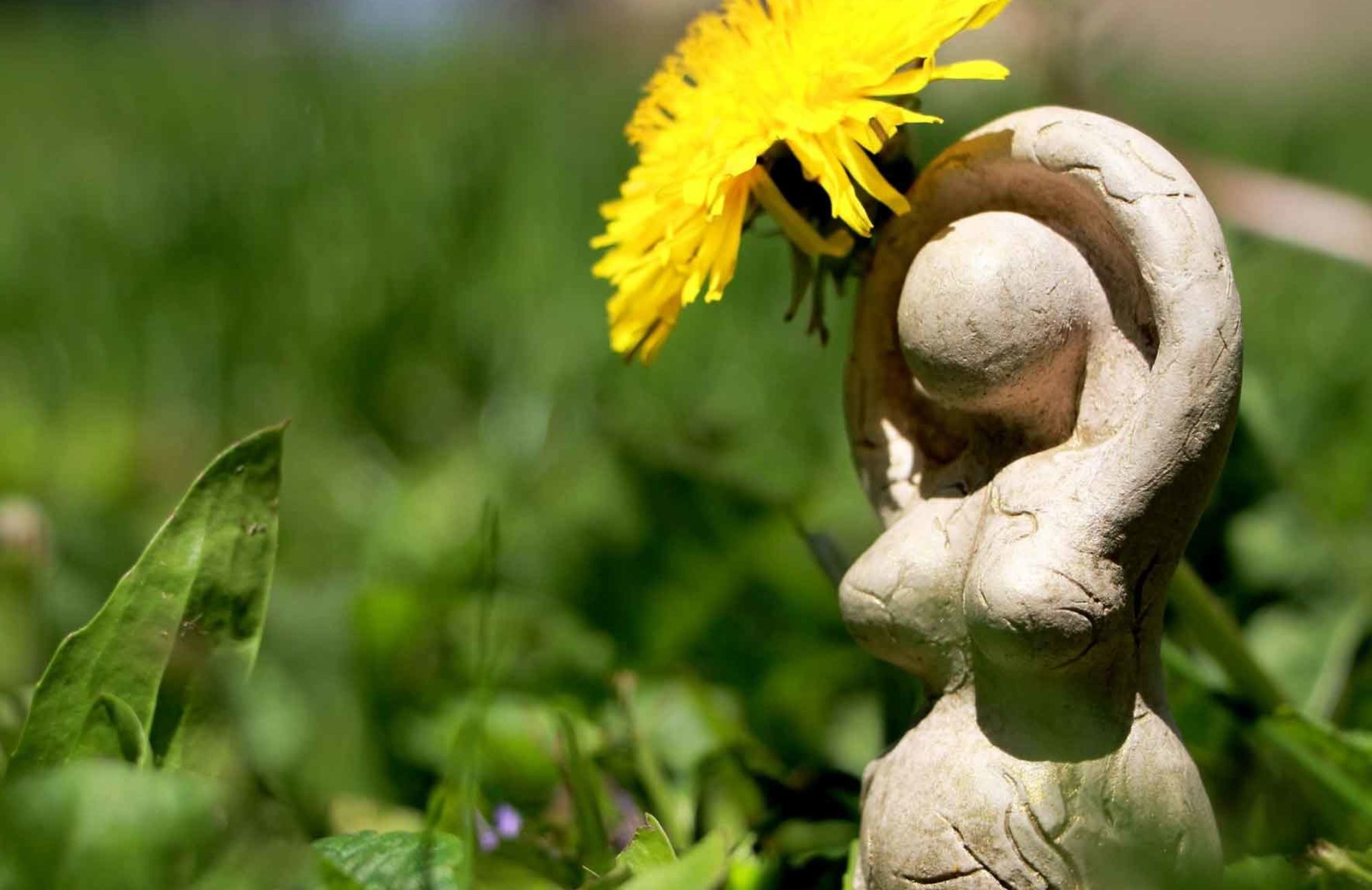Traditional Designs and Contemporary World Patterns: Connections with Prehistoric Images of the Human and the Animal Feminine
In this presentation I examine how feminine images and symbols that blend the human and the animal divine have dominated the visual language of artistic representations, as they developed in Eurasia, the Near East, and the Americas. In particular I focus on embroideries, paper cutouts, hand-woven laces, painted Easter eggs, wood, metal, and leather carvings, as well as on abstract symbols on ritual cloths, folk costumes, and kilims. I pay special attention to the prominent place two female elks/deer, considered the mothers of humanity, as well as the frog, play in these designs.

Since her childhood, Dr. Malgorzata Oleszkiewicz-Peralba has lived and studied in many countries and continents, and is fluent in seven languages. Different cultures and languages became the subject of her research and her passion. Her cross-cultural, women-centered interests are reflected in her two recent books, The Black Madonna in Latin America and Europe: Tradition and Transformation (UNMP) and Fierce Feminine Divinities of Eurasia and Latin America: Baba Yaga, Kali, Pombagira, and Santa Muerte (Palgrave), as well as in her numerous presentations and articles around the world. She is Professor of Hispanic Literary and Cultural Studies at the University of Texas at San Antonio.






You must be logged in to post a comment.